Why Estrogen Levels Aren't All That Matter
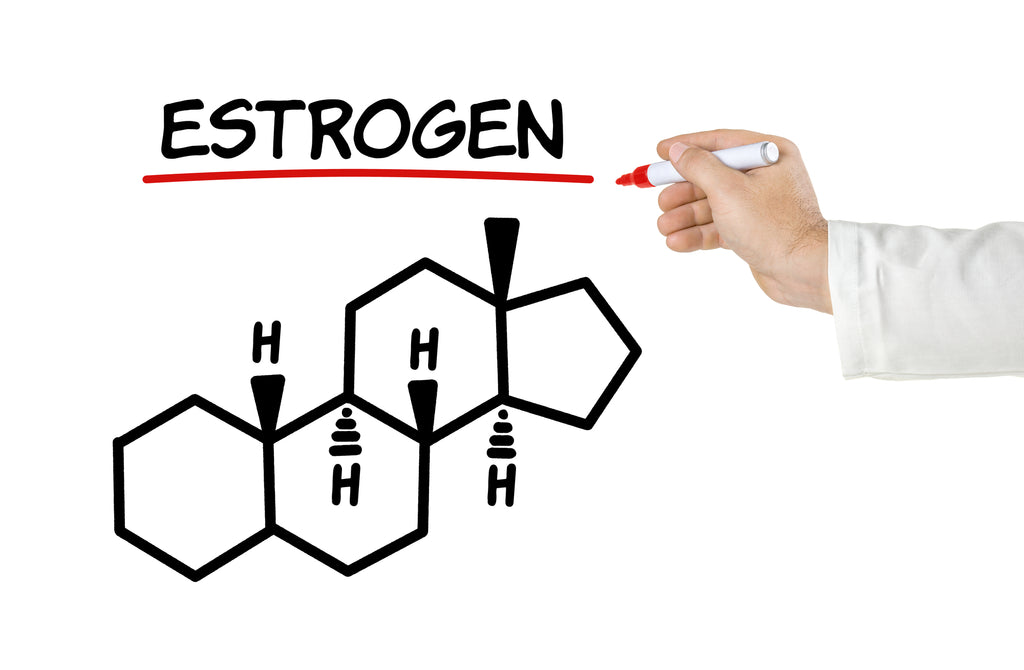
Most women are familiar with estrogen and know that it can be central to their health and how they mature over the years, from puberty to adulthood, through menopause, and into old age. Let’s take a deeper look at estrogen, what role it plays in your body, and how watching not just your estrogen levels, but how that estrogen is used by your body can have a big impact on your health.
Estrogen is a sex hormone that’s necessary for maintaining your sexual and reproductive health. Along with progesterone, estrogen plays a key role in your reproductive health. The development of secondary sex characteristics (breasts, hips, etc.), menstruation, pregnancy, and menopause are all possible, in part, because of estrogen. Estrogen plays an important role in other body systems as well.
Estrogen levels naturally fluctuate during your menstrual cycle and decline during menopause. The most common consequence of aging-related hormonal changes is menopause. Around age 50, women’s ovaries begin producing decreasing amounts of estrogen and progesterone; the pituitary gland tries to compensate by producing more follicle-stimulating hormone (FSH).
Low estrogen levels can be normal with aging. However, in some cases, it can be caused by chronic illnesses or excessive exercise. Common symptoms of low estrogen include painful sex due to a lack of vaginal lubrication, an increase in urinary tract infections (UTIs) due to a thinning of the urethra, irregular or absent periods, mood swings, hot flashes, breast tenderness, headaches or accentuation of pre-existing migraines, depression, trouble concentrating and fatigue.
You may also find that your bones fracture or break more easily. This may be due to a decrease in bone density since estrogen works in conjunction with calcium, vitamin D, and other minerals to keep bones strong.
Certain foods, vitamins, and herbs may help naturally boost estrogen. Examples include soybeans, flax seeds, sesame seeds, B vitamins, vitamin D, evening primrose oil, and dong quai1.
Soybeans and the products produced from them, such as tofu and miso, are a great source of phytoestrogens. Phytoestrogens mimic estrogen in the body by binding to estrogen receptors and can have estrogenic or anti-estrogenic effects1.
Flax seeds also contain high amounts of phytoestrogens. The primary phytoestrogens in flax are called lignans, which are beneficial in estrogen metabolism1.
Sesame seeds are another dietary source of phytoestrogens1.
B vitamins play an important role in the creation and activation of estrogen in the body. Low levels of these vitamins can lead to reduced levels of estrogen1.
Vitamin D functions as a hormone in the body. One study explains that both vitamin D and estrogen work together to reduce the risk of cardiovascular disease. The link between these hormones is due to the role that vitamin D plays in estrogen synthesis1.
If your problem is low levels of estrogen, then aside from eating foods that contain natural phytoestrogens, you could take a supplement that contains phytoestrogens or some of the other substances that can help with the creation and activation of estrogen in the body. A product like Progressive Estro DTX delivers biologically active folate and other key methylation vitamins in combination with a targeted blend of ingredients to encourage hormone balance, help modify xenoestrogen activity, and restore tranquility. Vitex and black cohosh provide traditional hormone-balancing support; DIM, calcium D-glucarate, and 8-prenylnaringenin (from hops extract) promote estrogen detoxification; and rosemary, resveratrol, grape seed extract, and green tea extract provide antioxidant activity.
A different formula, Progressive DIM 2:16 is formulated for when you have the opposite problem- too much estrogen in the body. We are exposed daily to hidden estrogens and this can produce many unpleasant effects. If you have symptoms such as mood swings, PMS, bloating, headaches, hot flashes, and insomnia, then you may be dealing with estrogen dominance. This occurs when there is too much estrogen and not enough progesterone to balance its effects. High estrogen also keeps your body from using testosterone which is linked to losing muscle mass and lowering energy and stamina. Dim 2:16 is a three-dimensional approach to supporting healthy estrogen metabolism. With a powerful combination of DIM, curcumin from turmeric extract, and the patented black pepper extract, BioPerine. Dim 2:16 has been shown to support balanced estrogen in the body.
So what do we mean by balanced estrogen? What do we mean by methylation? Why do these things matter? It’s not enough to know your estrogen levels and make sure you have enough, or not too much. A more complex issue is making sure that the estrogen you do have in your body is balanced by progesterone, and that your methylation of estrogen is occurring correctly and efficiently. Methylation is a step in the process of how our body processes estrogen that takes place in the liver. Methylation is central to the function of every cell in your body, including endocrine and hormone function. Problems with your methylation can have a significant impact on hormone-related issues, particularly estrogen clearance. Methylation is key to the inactivation and detoxification of a number of molecules, particularly catechol estrogens. Exposure to estrogens is a risk factor for breast and other human cancers.
“Initiation of breast, prostate and other cancers has been hypothesized to result from reaction of specific estrogen metabolites, catechol estrogen-3,4-quinones, with DNA to form depurinating adducts at the N-7 of guanine and N-3 of adenine by 1,4-Michael addition”12.
In other words, as your estrogen breaks down in your body, certain parts of it are uptaken and absorbed and used for productive purposes for your health. Other parts of that estrogen break down into compounds like catchecol estrogen, which can pose a breast cancer risk. The process of methylation regulates this estrogen breakdown by uptaking the needed estrogen compounds and flushing the rest from the body. When that process of methylation doesn’t work as it should, those harmful compounds remain in your body, and the compounds you need may not be uptaken.
Inadequate methylation can lead to a buildup of 4-OHE1. 4-OHE1 can then be converted to 3,4-Quinones which are pro-carcinogenic meaning that they cause cancer. 4-OHE1 may directly damage DNA and cause mutations that enhance cancer development.
The good news is that there are several ways to improve methylation. Some of these include eating a nutrient-dense diet that emphasizes whole, unprocessed foods, especially those that provide natural folate and B vitamins (including B6 and B12), which are methyl donors and critical components of normal methylation. Taking a high-quality supplement with activated B’s, especially methylated folate and B12, is another way to quickly optimize your methylation cycle. The Progressive supplements mentioned above were specifically designed to help balance your methylation cycle by their inclusion of B vitamins and other ingredients. As you age you are more prone to have estrogen methylation issues. Help protect yourself by staying on top of potential issues as you age by taking a good supplement.
- Robert Thomas

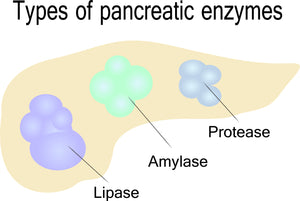

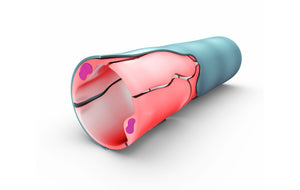
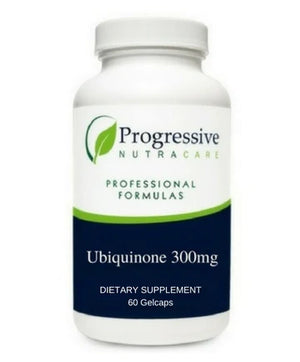

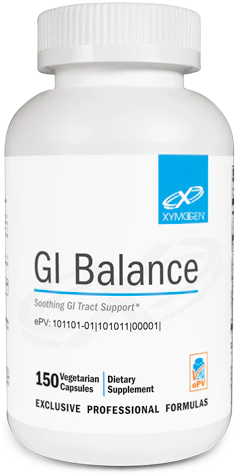
Comments 0